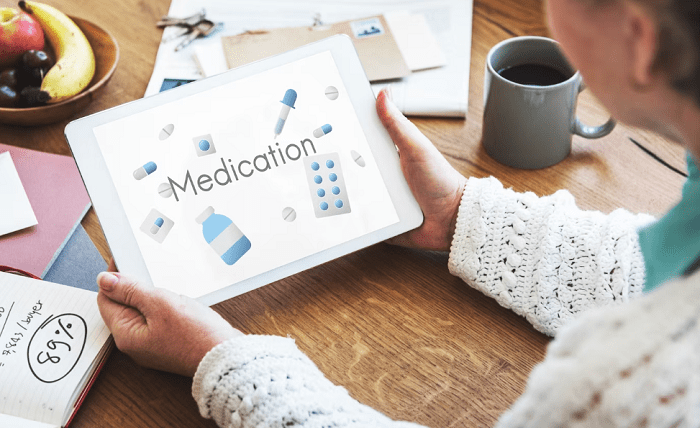In recent years, the advent of technology has revolutionized various aspects of our lives, and healthcare is no exception. One significant development is the rise of medication management apps, which have transformed the way healthcare professionals and patients interact with medications.
These innovative applications, like My Medadvisor, have streamlined the medication management process, leading to improved patient adherence, enhanced communication between healthcare providers and patients, and ultimately better health outcomes.
This blog post explores the transformative impact of medication management apps on healthcare and highlights their benefits and potential challenges.
Improved Medication Adherence
One of the most critical challenges in healthcare is patient medication non-adherence. According to the World Health Organization, non-adherence to prescribed medications contributes to treatment failure and increased healthcare costs. Medication management apps address this issue by providing patients with reminders and personalized notifications for medication intake.
These apps can also offer visual and auditory cues, making it easier for individuals with cognitive impairments to follow their medication schedules. By improving medication adherence, these apps help patients achieve optimal therapeutic outcomes and minimize the risk of adverse events.
Enhanced Patient Engagement
Medication management apps empower patients to take an active role in their healthcare. These apps often include features that enable individuals to track their medication history, set medication preferences, and access educational resources about their prescribed drugs. Patients can also utilize the apps to record their symptoms, side effects, and other relevant health data.
This comprehensive approach fosters patient engagement and enables healthcare providers to gain valuable insights into their patients’ health status. Consequently, healthcare professionals can make more informed decisions regarding medication adjustments or modifications, resulting in personalized and effective treatment plans.
Simplified Communication and Collaboration
Medication management apps facilitate seamless communication between patients and healthcare providers. Through secure messaging platforms, patients can ask questions, seek clarifications, or report any concerns about their medications.
Healthcare professionals can respond promptly, ensuring that patients receive timely support. Moreover, medication management apps often integrate with electronic health records (EHR) systems, enabling healthcare providers to access accurate and up-to-date medication information. This integration streamlines the medication reconciliation process, reduces medication errors, and enhances patient safety.
Medication Tracking and Safety
With medication management apps, patients can effortlessly track their medication intake and monitor their progress. These apps offer features such as barcode scanning, enabling patients to verify the authenticity and dosage of their medications.
Some apps also provide drug interaction checks, flagging potential conflicts between multiple medications or supplements. By providing personalized medication safety information, these apps help patients make informed decisions and prevent adverse drug reactions.
Challenges and Future Directions
While medication management apps offer numerous benefits, certain challenges must be addressed. One challenge is ensuring the security and privacy of patient data, as these apps collect sensitive health information. Stricter regulations and robust security measures are necessary to protect patient privacy. Additionally, app usability and accessibility need to be improved to accommodate users with varying levels of digital literacy and disabilities.
Looking ahead, the future of medication management apps holds immense potential. Integration with emerging technologies such as artificial intelligence and machine learning could enable these apps to provide personalized medication recommendations, predictive analytics, and proactive interventions. Moreover, interoperability between medication management apps and other healthcare systems would promote seamless data exchange and collaboration among healthcare providers.
Conclusion
Medication management apps have revolutionized healthcare by enhancing medication adherence, promoting patient engagement, improving communication, and ensuring medication safety. These apps empower patients to actively participate in their healthcare journey and facilitate collaboration between patients and healthcare providers. However, addressing challenges related to data security and usability is crucial for widespread adoption. As technology continues to evolve, the future of medication management apps holds promise for delivering personalized and effective healthcare solutions. By harnessing the potential of emerging technologies and fostering interoperability, medication management apps have the potential to reshape the healthcare landscape, improving patient outcomes and driving overall healthcare efficiency.



